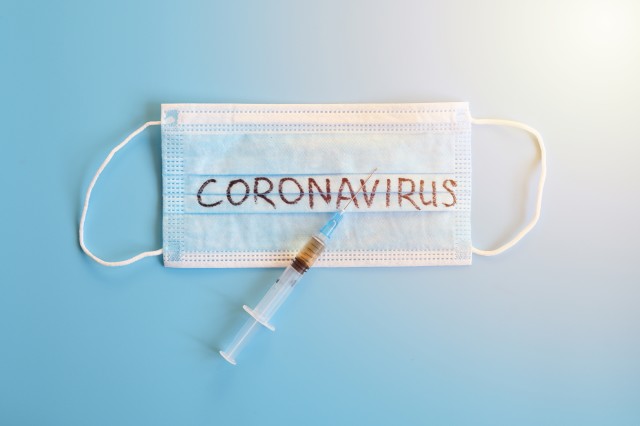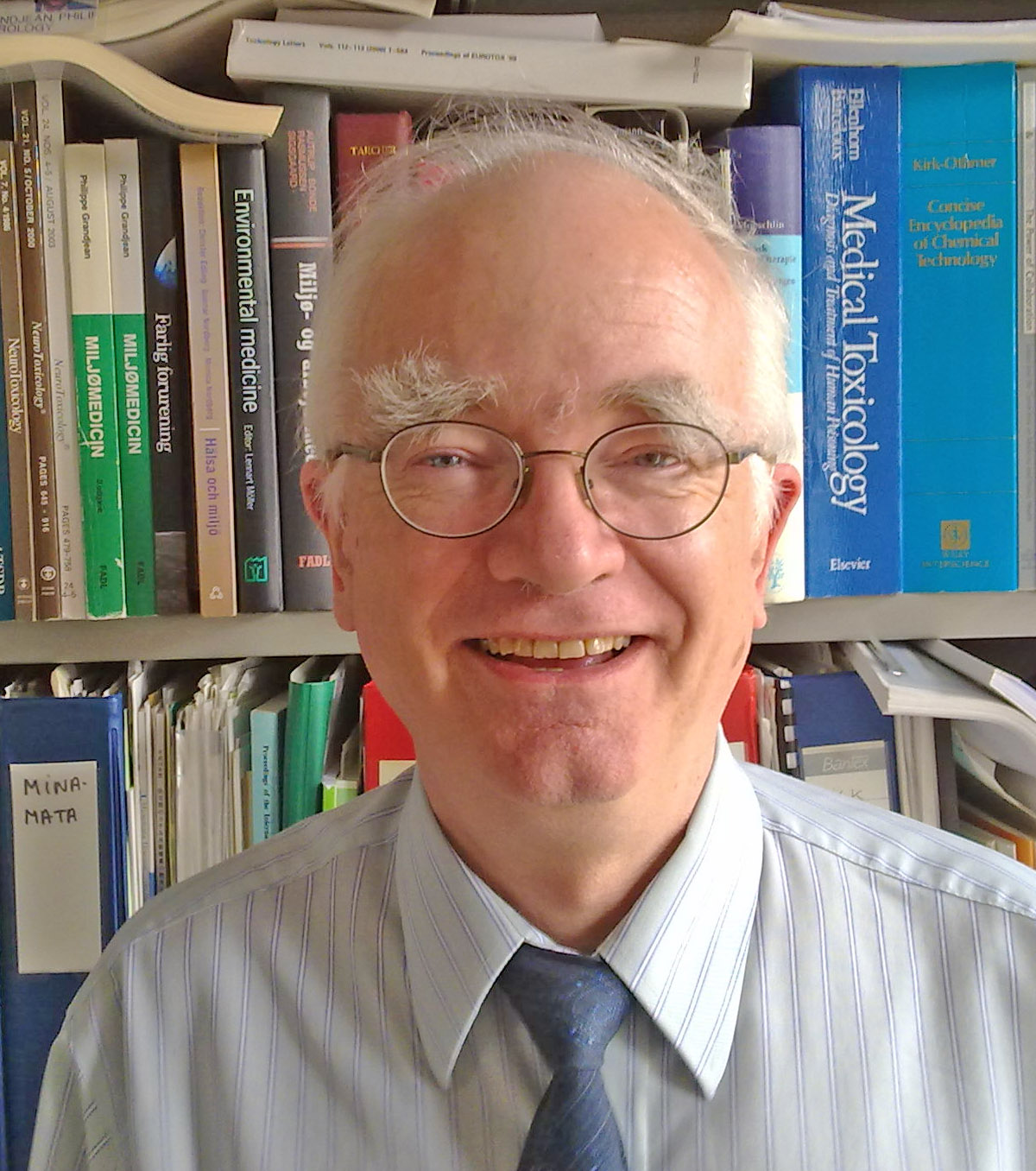Adverse effects of PFAS on Immune System Health: Complicating recovery during the COVID-19 Pandemic
1:00 pm US Eastern Time
Slides & Resources
Resources

Per- and polyfluoroalkyl substances (PFAS) have been widely used in textiles, cookware, and food packaging for stain and stick resistance for more than fifty years. Today, these compounds are widespread in our environment, the foods we eat, and our bodies.
Dr. Philippe Grandjean and others have been investigating the relationship between PFAS and human health, in particular, the effects of PFAS on the human immune system. The global COVID-19 pandemic highlights the importance of immune system health, the effectiveness of vaccinations, and the role PFAS play in human health. Specifically, Dr. Grandjean presented research results that show that PFAS exposure reduces the effectiveness of vaccines, how infectious disease in children is different from adult disease, and his team’s most recent data on COVID-19.
Featured Speaker
 Dr. Grandjean is the head of the Environmental Medicine Research Unit at the University of Southern Denmark and adjunct professor of environmental health at the Harvard T.H. Chan School of Public Health. Grandjean is also co-founder and co-editor-in-chief of the journal Environmental Health and has served for over 30 years as toxicology consultant at the National Board of Health in Denmark. His research focuses on the adverse health effects from exposures to environmental chemicals, such as PFASs, especially those occurring during highly vulnerable stages of life (e.g. prenatally and to children).
Dr. Grandjean is the head of the Environmental Medicine Research Unit at the University of Southern Denmark and adjunct professor of environmental health at the Harvard T.H. Chan School of Public Health. Grandjean is also co-founder and co-editor-in-chief of the journal Environmental Health and has served for over 30 years as toxicology consultant at the National Board of Health in Denmark. His research focuses on the adverse health effects from exposures to environmental chemicals, such as PFASs, especially those occurring during highly vulnerable stages of life (e.g. prenatally and to children).
This call was hosted by the CHE-Alaska Partnership, which is coordinated by Alaska Community Action on Toxics (ACAT). It lasted for 60 minutes and was recorded for the call and webinar archive.


